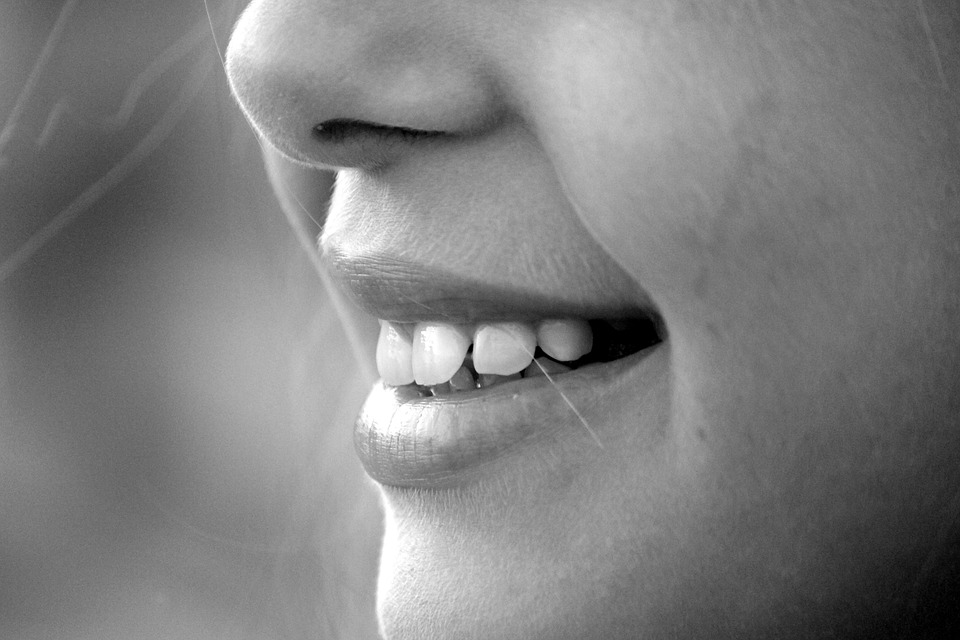Nov. 1—When reports first surfaced that many people with COVID were suffering from a loss of smell — usually temporary — my reaction was, “Yeah, so? Welcome to my world.”
I was, I believe, born without a sense of smell. That would be congenital anosmia — “the total inability to smell from birth.” It’s also possible, as one website points out, that I did have a sense of smell at birth but lost it at such an early age that I have “no smell memories.”
That website also notes that people born with anosmia “are often totally unaware until after they start school when they begin to interact independently of their families. School exposes children to others who may make comments about food at lunchtimes or breaking wind.”
And it’s true that, in my case, I never really gave any thought to my lack of smell growing up; how can you miss what you never had? The subject never came up; I don’t think my parents were aware of it.
It wasn’t until I was in my 20s that I truly realized my loss. I was living and working in El Paso, Texas, and while hanging out with friends one night at a bar, the subject of smell somehow came up. I knew vaguely that a few things allegedly had smells — flowers, perfume, flatulence.
But my friends educated me — though I was skeptical — that nearly everything has a smell. The beer I was drinking had a smell. The food on my plate had a smell. Wood, including the table we were sitting at, had a smell, they insisted.
I mentioned once to a doctor that I had no sense of smell. He eyed me skeptically and asked, “Can you taste?” When I said yes, he replied, “Well, then you can smell.”
Well, not so fast, doc. I still, after all, had my taste buds. But that elevated sense that most people apparently have, that one that combines taste and texture and smell, is lacking in me. What I call “combined foods” are a challenge for me; if it is a food that has a combination of flavors, with none sticking out for its, say, saltiness or sweetness, it becomes a bland melange.
So why can’t I smell? I was born a preemie — I was an incubator baby — so my guess is it stems from that. Although “Ted Lasso” star Jason Sudeikis, who like me was born in the Kansas City area, also has congenital anosmia — so maybe it’s something in the water there?
At any rate, it didn’t really have much impact on my life until I got married. Then it created a few challenges, like not knowing when a child’s diaper was fully loaded and in need of changing.
And it became apparent that my sense of smell was totally absent. I remember one evening when I had gotten home first and was in the living room reading. My eyes had gotten red and started stinging; when my wife got home, she informed me that a skunk had let loose right outside the house.
Meanwhile, after many years of marriage, my wife will still say things like, “Oh, that smells wonderful.” I usually give her the stink eye in response.
After escaping it for two years, I finally came down with COVID a couple of months ago. During a visit to the doctor, the subject of smell, of course, came up; I explained my situation and offered my mostly joking hope that somehow COVID would have a reverse effect on me and give me a sense of smell. The nurse told me of her grandmother who also had lacked a sense of smell, but had hid it — pretending, for example, to enjoy the fragrance of a bouquet of flowers.
I think it’s too late for me to start pretending. But if we do come back after death in a different form, I’d opt for bloodhound.













